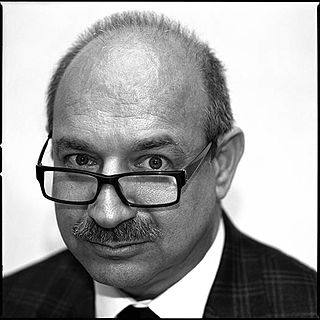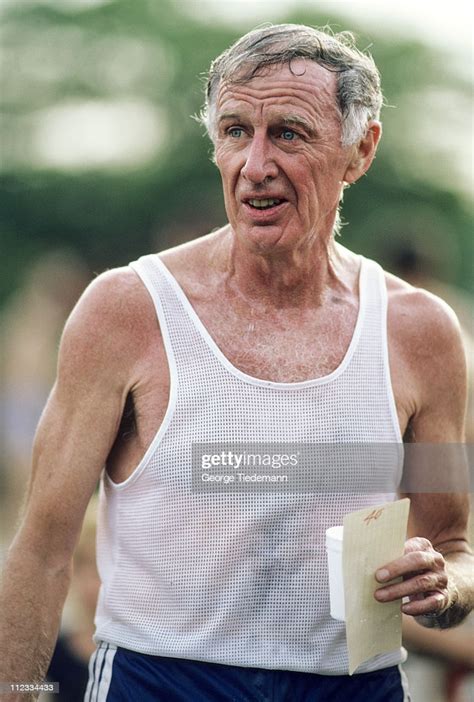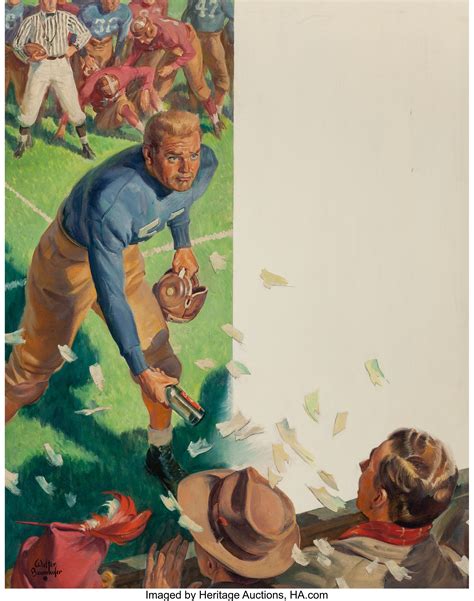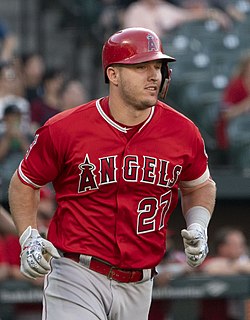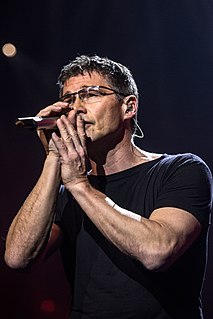A Quote by David C. Driskell
I always - I knew from day one , in college, that I wanted to be a teacher .But I don't think I had envisioned becoming a professor at the time. I remained a history major until 1951.
Related Quotes
I knew that I wanted to be an illustrator since I was in kindergarten. I can remember the exact day. The art teacher usually came to our classroom once a week, but she was absent that day. Instead, our regular teacher gave us each a huge piece of paper and crayons, and we could do whatever we wanted.
There are those of us who are always about to live. We are waiting until things change, until there is more time, until we are less tired, until we get a promotion, until we settle down / until, until, until. It always seems as if there is some major event that must occur in our lives before we begin living.
I had always been the theater nerd at Northwestern University. I knew I wanted to do acting, but I hated the idea of being this cliche - a girl from L.A. who decides to be an actress. I wanted more than that, and I had always loved politics, so I ended up changing my major completely, and double-majoring in theater and international relations.
I had always wanted to make music on a big scale but never knew how it was going happen - until I saw a band in Oslo called Bridges. I was stunned. They had everything. The only thing they didn't have was me. I knew I needed to join, not for my own sake but for the band's. I knew I was a necessary ingredient.
When I was young, I went to college, had a teacher who was, had been a student of Trilling's at Columbia, this was in California. And he, I started reading him around that time, and then I went to Columbia as well, Trilling was still teaching there, I took a course with him. He was not a great teacher, but he was, when I was younger, he was a good model for the kind of criticism I wanted to do, because he thought very dialectically.







